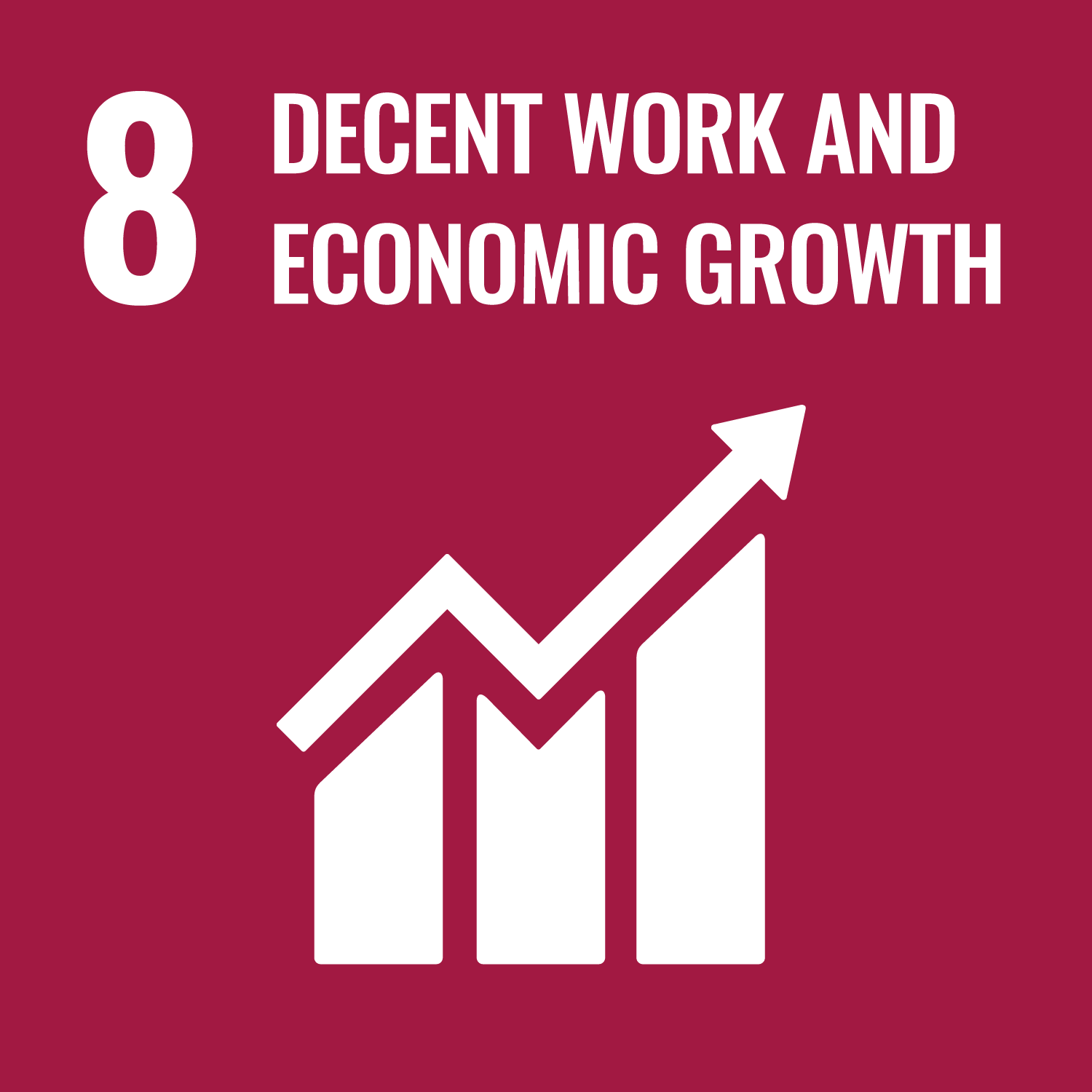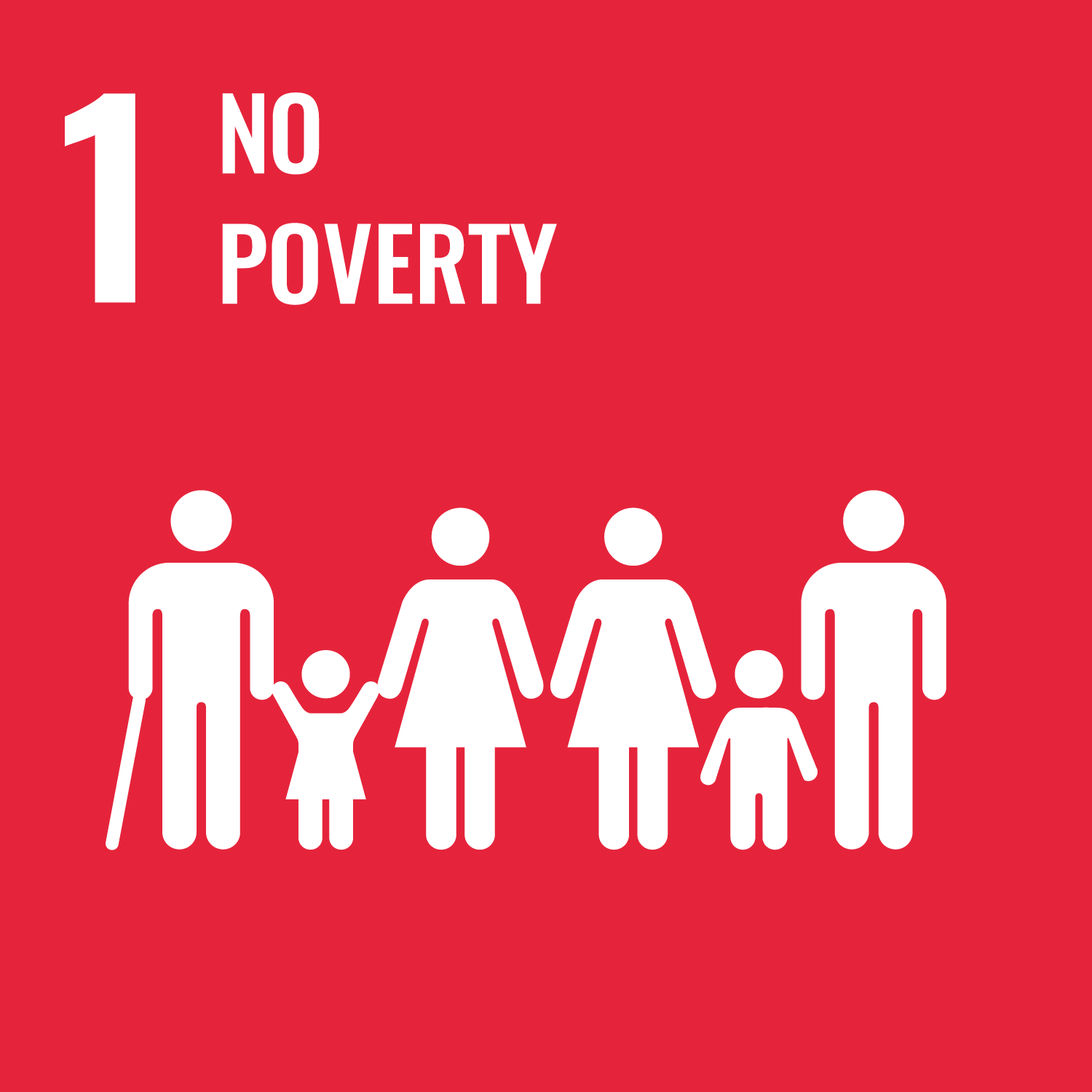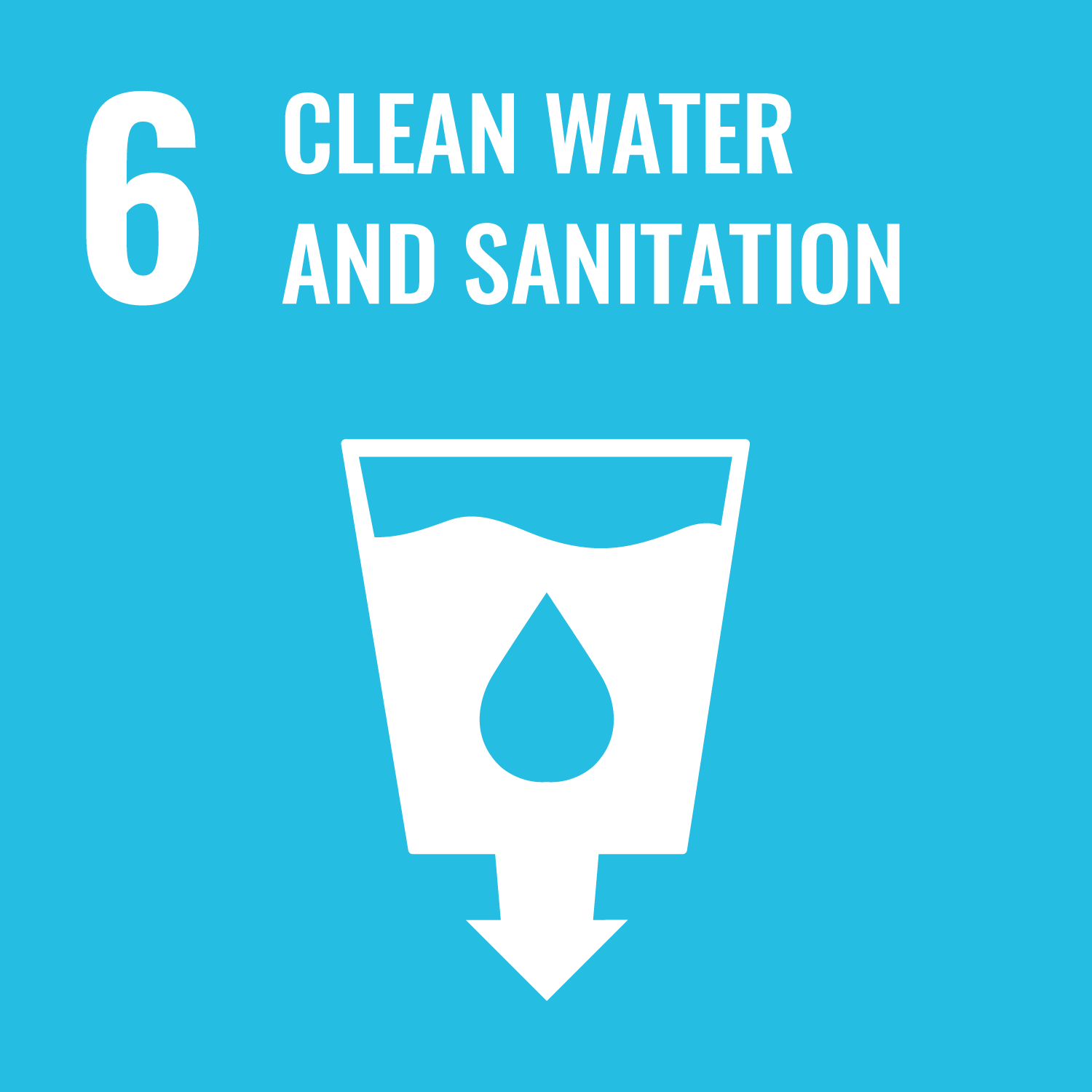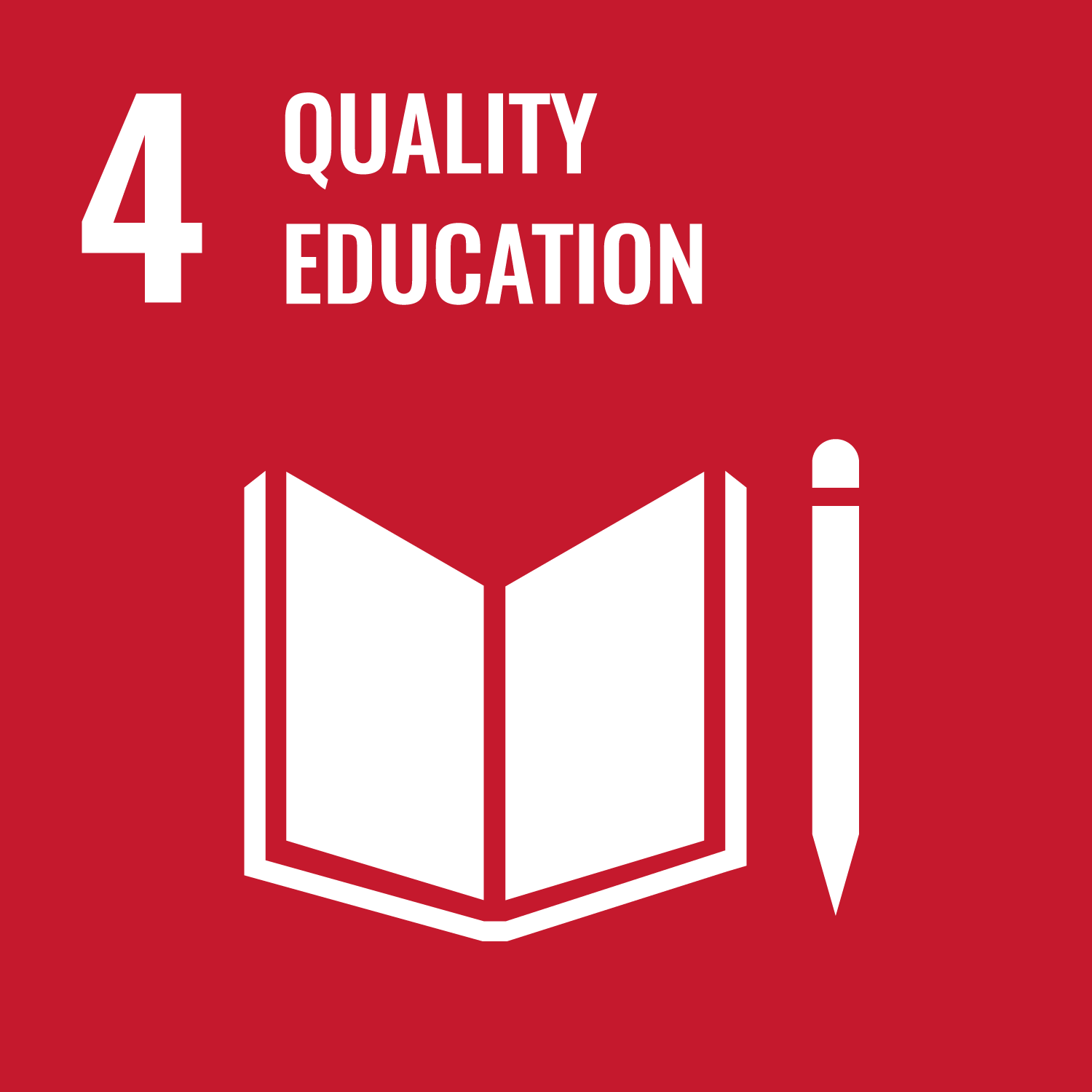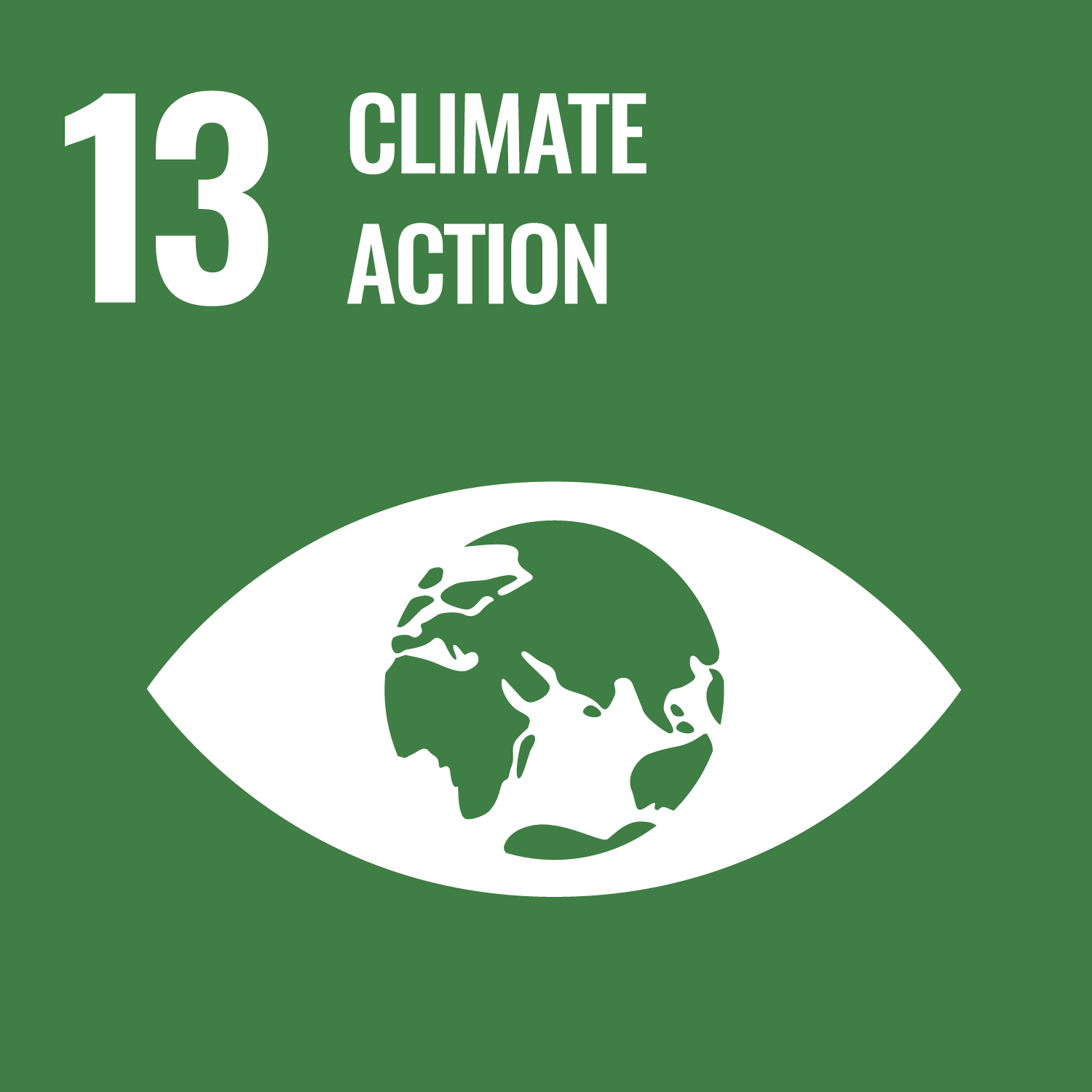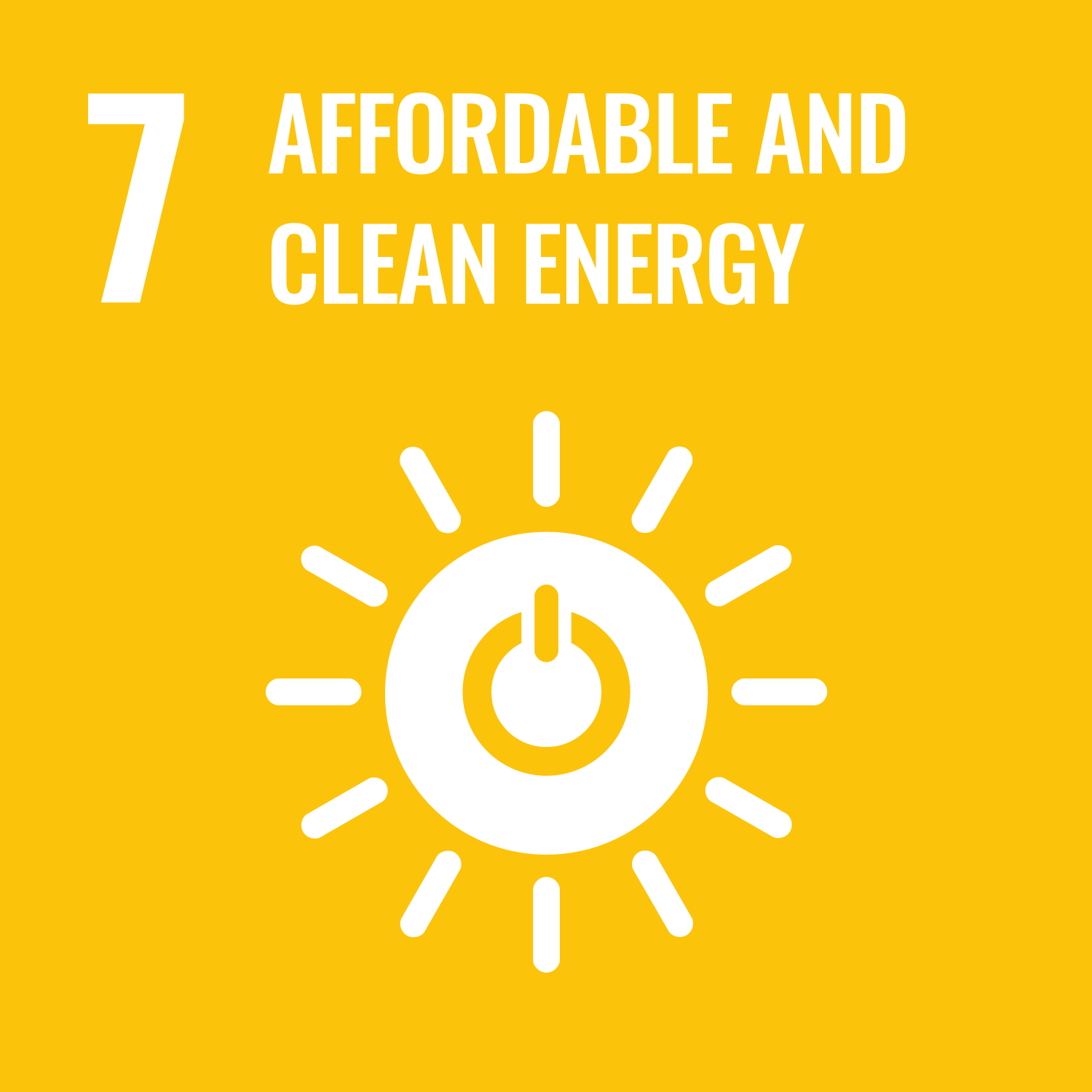 Organisation verified by Tadamon
Organisation verified by Tadamon
association tidaf pour le developpement et la conservation de la nature
- CSO Profile
- Campaigns
- Projects
- Events
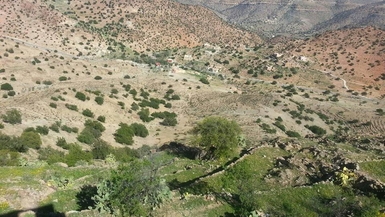
ATDCN
Overview
Organisation type
Cooperative or farmers' association
Country of Registration
Annual Budget
0 - 25 000 USD
Scope
Local
Field of Activities
Organisation Laguage
Arabic
French
English
Contact
Contact
idrris el ghouchma
Phone
0666470336
Introduction
According to the latest IPCC report 7 , the climate challenge that the countries around the Mediterranean, and Morocco in particular, will have to take up is immense: aridification and warming, drop in precipitation (up to 30, even 40% in the Maghreb), accentuation of extreme phenomena with in particular an aggravation of spring droughts and autumn floods. Ultimately, these climate changes threaten agricultural geography, particularly in regions where access to water is insufficient, where the renewal of plant resources is increasingly difficult, and where soil erosion is accentuated. by aridification. Development experts tell us that the rural and mountainous societies of the region's hinterlands, already weakened by the development policies of previous decades, will not know how or will not be able to react in the difficult conditions that are looming as a result of the precarious economic, social and health situation in which they find themselves, they would not have the necessary resources to cope with these changes. This overlooks two big facts. The first is historical: the ancient anthropization of the ecoregion attests to the permanent co-adaptation of agricultural and pastoral practices and environmental and climatic dynamics; it shows that farmers, who are both the main players in the management of natural resources and the first concerned by their renewal, have been able to manage these spaces through the various changes in their history, and that they are undoubtedly the better placed to manage it in the medium and long term. The second evidence comes from the analysis of local practices and knowledge: domestic and family agriculture in these regions, which is often called "terroir agriculture", is thought out in such a way as to integrate and manage the main phenomena characteristics of the long-term evolution of the Mediterranean and sub-Saharan climate: occurrence of extreme events, unpredictability of rainfall from one year to the next, gradual increase in temperature and significant drop in rainfall. More than a "piecemeal" and short-term reaction to disasters, these local practices and knowledge are part of a real culture of managing uncertainty, scarcity and risk: adaptive management i.e. flexible and scalable) and over the long term, making the most of what little nature has to offer, and which has demonstrated its ability to ensure the long-term renewal of localized food systems.
Even if the relevance of local knowledge for climate change adaptation strategies is increasingly recognized at the scientific level, this peasant knowledge remains largely disqualified, particularly in the southern Mediterranean, both in agricultural modernization policies and in thoughts on climate change.
This is all the more so since the evolution of international debates around climate change, even when climate skeptics were in the minority, shows that the international community has difficulty in influencing global warming and is forced to take refuge in a posture of adaptation more than reduction of greenhouse gases. From now on, humanity resolves to think rather about adaptation strategies at the planetary, national, regional and local levels. Within this context, the following contribution questions what local knowledge in Moroccan arid zones can bring to the development of the adaptive capacities of rural communities to climate change. Our hypothesis is that, because they have proven themselves in the management of climate risk and the scarcity of resources in the most disadvantaged areas of the country, this knowledge constitutes an asset for the populations who hold it and a source of inspiration for the country and the Mediterranean region. The challenge today is to ensure that they do not erode and to think about their articulation with scientific research and public policies to inspire adaptive solutions for the Mediterranean regions.
